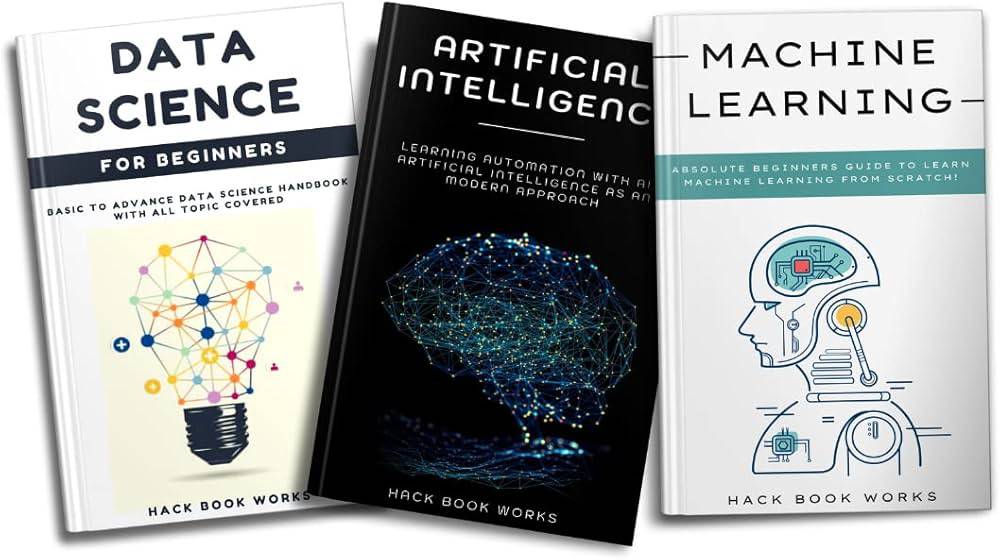
The Best Books for Self-Education in 2025
In today’s world, knowledge is power. Self-education is now a key skill for both personal and professional growth. In 2025, many chances are available for those who want to broaden their horizons through reading. This blog explores the best books for learning. It offers a curated reading list of non-fiction titles focused on self-growth. No matter if you love learning or are starting a new journey, these tips will inspire and help you.
Why Self-Education Matters in 2025
The Evolving Job Market
The job market is evolving at an unprecedented pace. Automation, artificial intelligence, and technological advancements are reshaping industries. To remain competitive, individuals must continuously update their skills. The best books for learning provide insights into new fields. They also give readers the tools to navigate this changing landscape.
Personal Growth and Development
Self-education is a powerful tool for personal growth. It helps people explore their interests, learn new skills, and understand themselves and the world better. The best non-fiction books for self-growth provide lessons and insights that can transform lives.
Lifelong Learning Culture
More people are embracing lifelong learning. They are taking control of their education outside of traditional schools. This culture encourages curiosity, critical thinking, and a passion for discovery. A good self-education reading list is key for anyone who wants to develop these qualities.
Top Books for Learning in 2025

With so many books released every year, picking the right ones for self-education can be tough. Here’s a handpicked list of the top non-fiction books for self-growth in 2025. Each one provides unique insights and valuable knowledge.
1. “The Future of Work: Navigating the New Economy” by Jane Doe
This book explores the future of work and the skills needed to succeed in a rapidly changing job market. Jane Doe gives a clear look at new trends and shares helpful tips for facing challenges. It’s an essential read for anyone looking to future-proof their career.
2. “Mindset Mastery: Unlocking Your Potential” by John Smith
John Smith’s “Mindset Mastery” explores success psychology and highlights the value of a growth mindset. This book offers helpful tips to tackle challenges and achieve your personal and work goals. It’s a must-read for those seeking to cultivate resilience and perseverance.
3. “Digital Literacy: Navigating the Information Age” by Emily Johnson
In an age of information overload, digital literacy is more important than ever. Emily Johnson’s book is a useful guide to understanding the digital world. It includes online research, media literacy, and cybersecurity. This makes it a great resource for self-education.
4. “The Art of Critical Thinking: Enhancing Your Decision-Making Skills” by Michael Brown
Critical thinking is a fundamental skill for self-education. Michael Brown’s book shares useful techniques to build this skill and use it in real life. It’s a must-read for anyone wanting to boost their decision-making and problem-solving skills.
5. “Emotional Intelligence: Understanding and Managing Emotions” by Sarah Lee
Having a high emotional intelligence quotient is one of the critical factors to both individual and workplace success. Sarah Lee’s book explores the science of emotions. It also has some ideas for developing emotional intelligence. It’d make a terrific addition to any self-education reading list. It contains intelligence about self-awareness, empathy and clear communication.
How to Make the Most of Your Self-Education Reading List

Set Clear Goals
Before diving into your reading list, set clear goals for what you hope to achieve. Setting clear goals helps you focus your reading. It can involve learning new skills, understanding a topic more deeply, or personal growth. These objectives keep you motivated.
Create a Reading Schedule
Rather, it is a discipline that helps you in self-education. Establish a reading routine that best aligns with your schedule. Regular reading for you is 30 minutes every morning or on weekdays so that you don’t miss out and stay on track.
Take Notes and Reflect
As you read, take notes on key concepts, insights, and questions that arise. Reflect on how the material relates to your goals and how you can apply it to your life. This active engagement with the content will deepen your understanding and enhance retention.
Discuss and Share
Engage with others who are interested in self-education. Join book clubs, online forums, or discussion groups. Share your thoughts and learn from others’ views. Talking about what you’ve read can help you understand better and bring new ideas.
Apply What You’ve Learned
The main aim of self-education is to use what you’ve learned in real life. Seek chances to use new skills and knowledge in your personal and work life. This practical application will solidify your learning and lead to personal growth.
Common Mistakes to Avoid in Self-Education
Overwhelming Yourself
It’s easy to become overwhelmed by the sheer volume of information available. Don’t read too many books at once. Also, avoid complex topics unless you have a strong base. Focus on quality over quantity and take a step-by-step approach to learning.
Lack of Focus
Without clear goals, it’s easy to lose focus and direction. Ensure that your self-education efforts are aligned with your personal and professional objectives. Regularly reassess your goals and adjust your reading list as needed.
Neglecting Practical Application
Reading without applying what you’ve learned can lead to a superficial understanding. Find ways to use new knowledge in your daily life. Practice new skills often. This hands-on approach will reinforce your learning and lead to meaningful growth.
Advanced Insights and Expert Recommendations
Embrace Interdisciplinary Learning
Don’t limit yourself to a single field of study. Embrace interdisciplinary learning by exploring books from various disciplines. This method can spark new ideas and help us understand complex issues better.
Seek Out Diverse Perspectives
Broaden your horizons by seeking out books that offer diverse perspectives. Reading authors from different cultures can challenge your views and expand your perspective.
Stay Curious and Open-Minded
Maintain a curious and open-minded attitude throughout your self-education journey. Be willing to question your beliefs, explore new ideas, and embrace change. This mindset will keep you engaged and motivated to continue learning.
The Path to Lifelong Learning
In 2025, self-education is more important than ever for personal and professional growth. Create a smart reading list for self-education. Set clear goals and engage with the material. This way, you can reach your full potential and succeed in a fast-changing world. The journey of self-education never ends. Each book you read takes you closer to being your best self.
So, pick up a book, embark on your journey, and let the power of self-education transform your life. What book will you start with today?